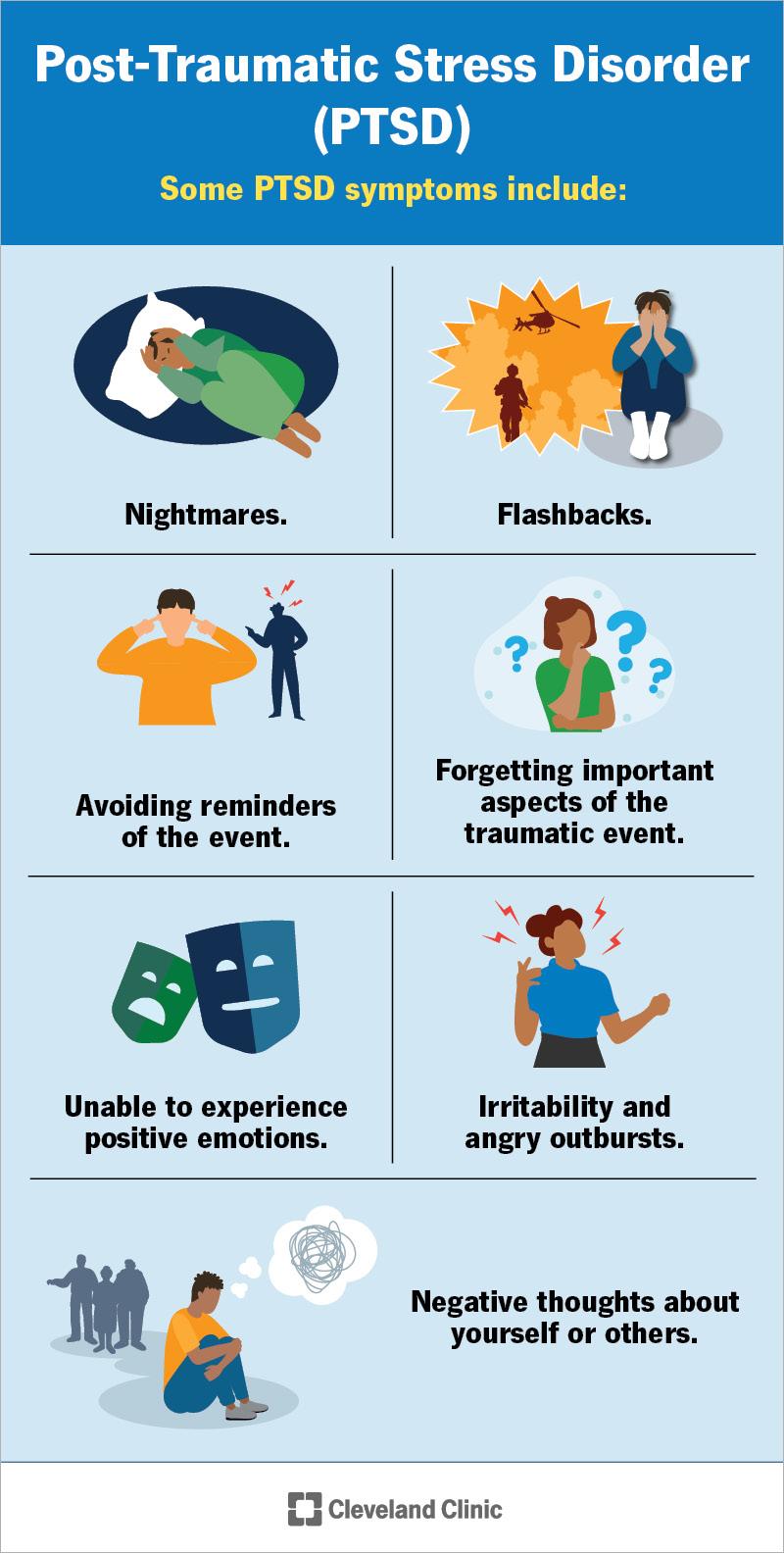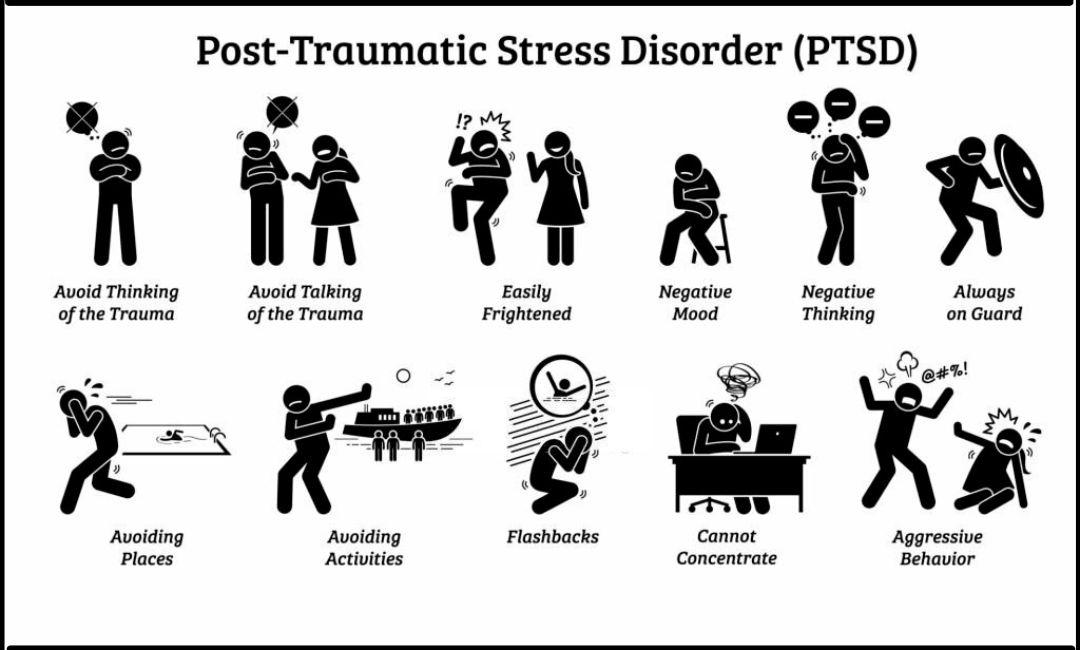
Can post traumatic stress disorder be treated effectively?
Understanding Post-Traumatic Stress Disorder (PTSD)
Post-Traumatic Stress Disorder (PTSD) is a mental health condition triggered by experiencing or witnessing a traumatic event. While it was once mainly associated with war veterans, PTSD can affect anyone who has endured a traumatic experience. This article aims to provide a comprehensive overview of PTSD, including its symptoms, causes, treatments, and ways to support those affected.
What is PTSD?
PTSD is a serious condition that can arise after one has experienced a traumatic event. It can disrupt daily life and affect relationships, work, and overall well-being. Symptoms can manifest immediately after the trauma or may develop months or even years later.
Symptoms of PTSD
The symptoms of PTSD can be categorized into four main types:
- Intrusive Memories: Recurrent, unwanted memories of the trauma, flashbacks, or nightmares.
- Avoidance: Avoiding reminders of the trauma, including people, places, or conversations.
- Negative Changes in Mood and Cognition: Feelings of hopelessness, memory issues, or difficulty maintaining relationships.
- Changes in Physical and Emotional Reactions: Being easily startled, feeling tense or “on edge,” or having difficulty sleeping.
Causes of PTSD
PTSD can develop after various traumatic experiences, including:
- Combat exposure
- Sexual assault
- Natural disasters
- Serious accidents
- Sudden death of a loved one
Diagnosis and Treatment of PTSD
Diagnosing PTSD involves a thorough evaluation by a mental health professional. Treatment often includes a combination of therapy and medication.
Common Treatment Options:
- Cognitive Behavioral Therapy (CBT): A form of talk therapy that helps patients understand and change their thought patterns.
- Eye Movement Desensitization and Reprocessing (EMDR): A specialized therapy designed to help process and integrate traumatic memories.
- Medication: Antidepressants and anti-anxiety medications may be prescribed to alleviate symptoms.
Benefits of Seeking Treatment
Getting help for PTSD can lead to significant improvements in quality of life. Here are some benefits:
- Improved emotional regulation
- Better coping mechanisms
- Enhanced relationships with family and friends
- Increased ability to manage stress
Practical Tips for Managing PTSD
For individuals living with PTSD or supporting someone who is, consider the following practical strategies:
Self-Care Strategies:
- Regular Exercise: Physical activity can help reduce stress and improve mood.
- Mindfulness and Meditation: Techniques that encourage living in the moment can help reduce anxiety.
- Stay Connected: Maintain relationships with friends and family who can provide support.
- Establish a Routine: A structured daily routine can provide stability and predictability.
Case Studies
Case Study 1: Overcoming Trauma
Jane, a 34-year-old woman, experienced a traumatic car accident that left her with PTSD. Through a combination of CBT and support from her family, she learned to manage her anxiety and reclaim her life. By participating in support groups and engaging in mindfulness practices, Jane found solace and strength.
Case Study 2: Military Veteran
Mark, a veteran of the Iraq War, struggled with severe PTSD after returning home. He participated in EMDR therapy and found that sharing his story with others helped him heal. Mark now advocates for veterans suffering from PTSD and encourages them to seek treatment.
First-Hand Experience: A Survivor’s Story
Tom, a survivor of a natural disaster, shares his journey of recovery:
“I felt isolated and overwhelmed after the hurricane. It wasn’t until I reached out for help that I began to understand my feelings. Therapy helped me process my experiences, and now I’m learning to live life fully again. It’s a journey, but I’m not alone anymore.”
How to Support Someone with PTSD
If you know someone suffering from PTSD, your support can make a significant difference. Here are some ways you can help:
- Listen without judgment.
- Encourage them to seek professional help.
- Be patient and understanding of their feelings.
- Educate yourself about PTSD to better understand their experiences.
Conclusion
Post-Traumatic Stress Disorder can be a debilitating condition, but with the right treatment and support, individuals can lead fulfilling lives. Understanding the symptoms, treatment options, and ways to support those affected is crucial in combating the stigma surrounding PTSD. If you or someone you know is struggling with PTSD, remember that help is available, and recovery is possible.
